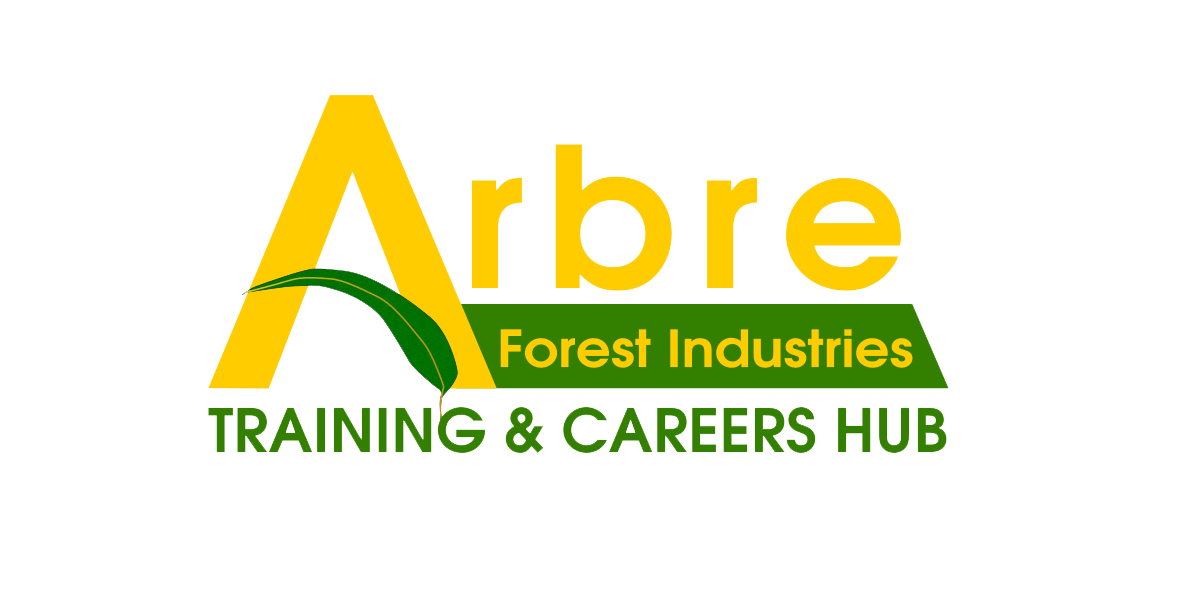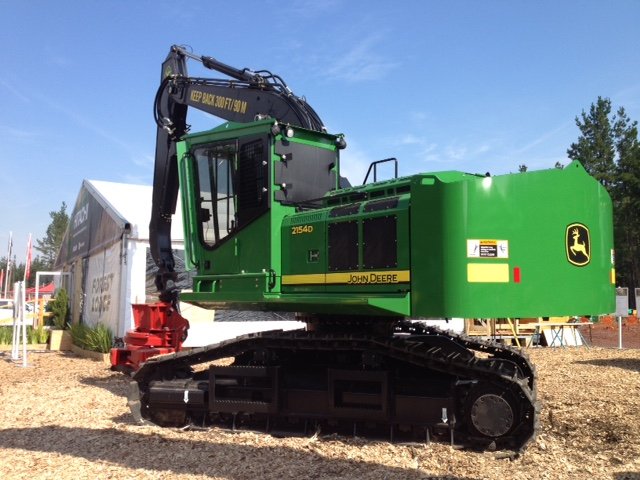FORESTRY MECHANICS
Responsible for the regular maintenance and repair of machinery and equipment, to ensure smooth operation, mechanics also inspect machinery to determine any problems or malfunctions. They also test equipment to ensure performance, maintain records and ensure that health and safety standards are met for the best output.
How do I become a forestry mechanic?
Certificate II in Automotive Vocational Preparation
This qualification has two focus areas: Mechanical and Autobody (vehicle body repairs and vehicle body refinishing). Both focus areas of this Certificate II-level qualification are designed to give you the basic skills and experience you’ll need to prepare for employment within the Automotive – including cars and light commercial vehicles, heavy vehicles, outdoor power equipment, and motorcycles.
To become a Heavy Diesel Mechanic you need to complete an apprenticeship and some formal training. The pathway is similar to that taken to become a Diesel Mechanic; however, you might want to complete your apprenticeship with a mechanic that specialises in heavy vehicles.
Tyres are fitted, repaired and replaced on all kinds of forestry vehicles. They are regularly inspected to determine which repair or maintenance action to implement including repairs to punctures in tubes and tubeless tyres. Fitters operate air driven equipment to remove and refit tyres and tubes on vehicles, and balance wheels and tyres using static and electronic equipment.
How do I become a forestry tyre fitter?
Certificate II in Automotive Tyre Servicing Technology ( Heavy Vehicle Tyres )
The Certificate II in Automotive Tyre Servicing Operations is intended to prepare new employees or recognise and develop existing workers who are performing servicing tyres of vehicles in an automotive service or repair business.
MACHINERY PARTS INTERPRETER
TYRE FITTERS
Providing customer service and expert parts advice to clients, working with customers to determine their needs and source parts from suppliers. Parts Interpreters are employed in machinery dealerships, mechanical workshops or specialty parts stores. They specialise in machinery parts identification and catalogue interpretation. Order entry and processing are regular tasks as well as providing updates about order status, pricing, product range and estimated delivery times.
How do I become a forestry machinery parts interpreter?
Certificate II in Automotive Administration
This qualification is designed for individuals starting a career in automotive administration. It provides foundational skills and practical experience, serving as an introduction to the field. Graduates will acquire essential skills for performing administrative tasks and interacting with customers within the automotive retail, service, and repair industry, paving the way for further studies and career advancement.
Certificate III in Automotive Sales (Parts Interpreting).
This nationally recognised training course prepares you for a sales role in the automotive industry. Over 12-18 months of study you will develop skills in three areas: front counter (sales and processing transactions), warehouse (stock and inventory), workshop (testing and safety). Graduate with a professional understanding of vehicle parts and componentry.
Log Truck Drivers transport logs products from forest sites to processing plants or mills. Drivers are especially skilled with a commercial heavy vehicle driver’s licence. They are responsible for the safe loading of their truck, using chains and binders and are skilled in driving to the conditions of their load and the road. Maintenance of accurate records as required by law and adherence to all safety regulations and procedures is most important.
Harvesting Sales Representatives focus on outbound calling, lead generation, and walk-in retail customers. The primary function is to increase customer exposure and provide an exceptional retail experience for forestry equipment customers. They act as liaison between manufacturers and customers. Attending trade shows, such as Agfest, and conferences, they also travel to site to see customers and assess their needs, ideally closing orders to meet sales targets. Much of their work is done on the phone and via email and they are responsible for providing management with accurate sales forecasts and reports.





